SECTION ONE
Coastal environment
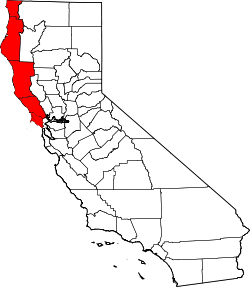
California’s Mediterranean climate precluded growing crops traditional among other native populations, namely corn and potatoes.
At the same time, northern coastal California’s natural abundance and the techniques gradually developed by native people allowed for some of the highest population densities in North America.
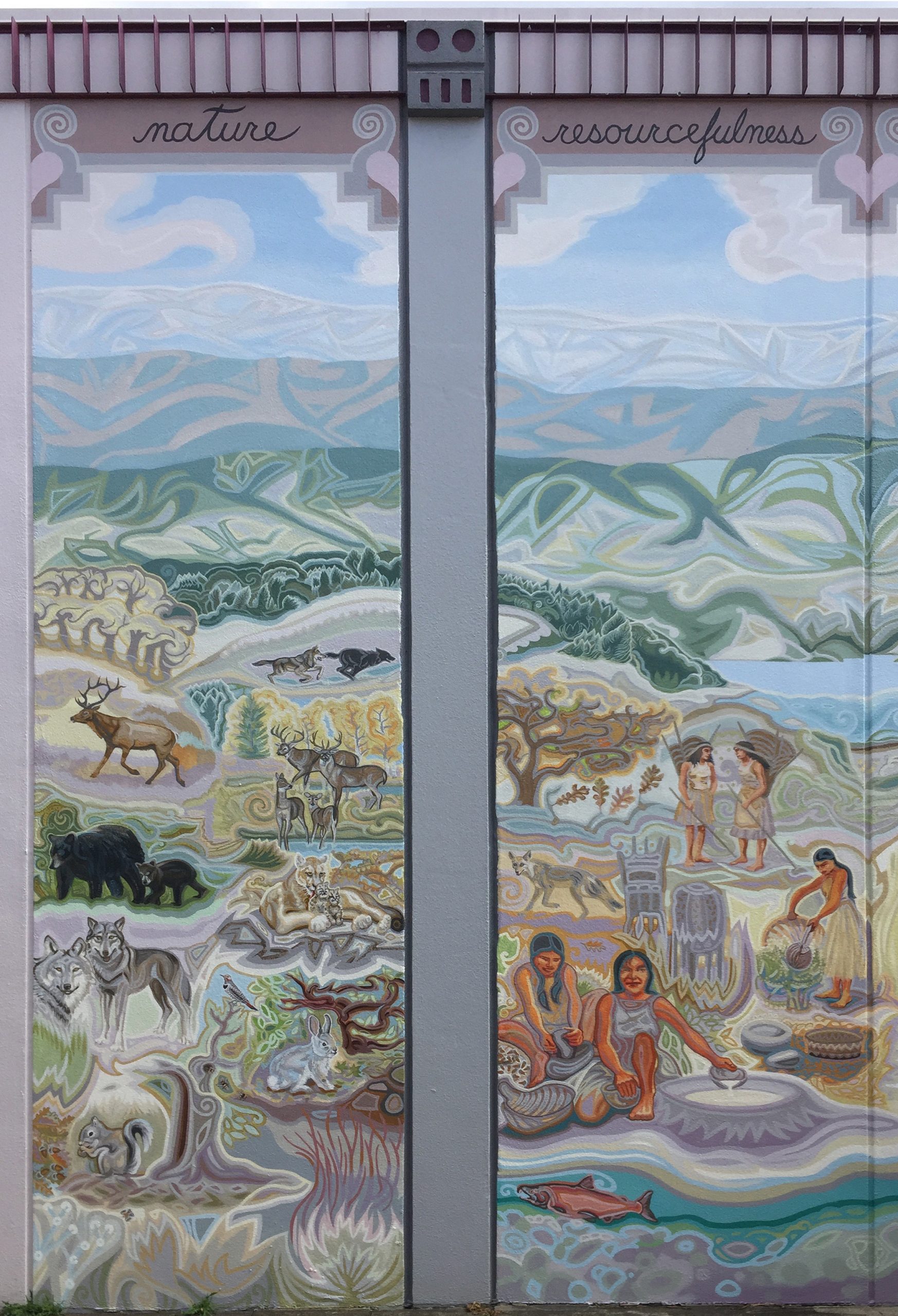
Here in the oak woodland, acorns were plentiful. Yuki, Pomo and related tribes harvested and processed wild acorns as a staple food.
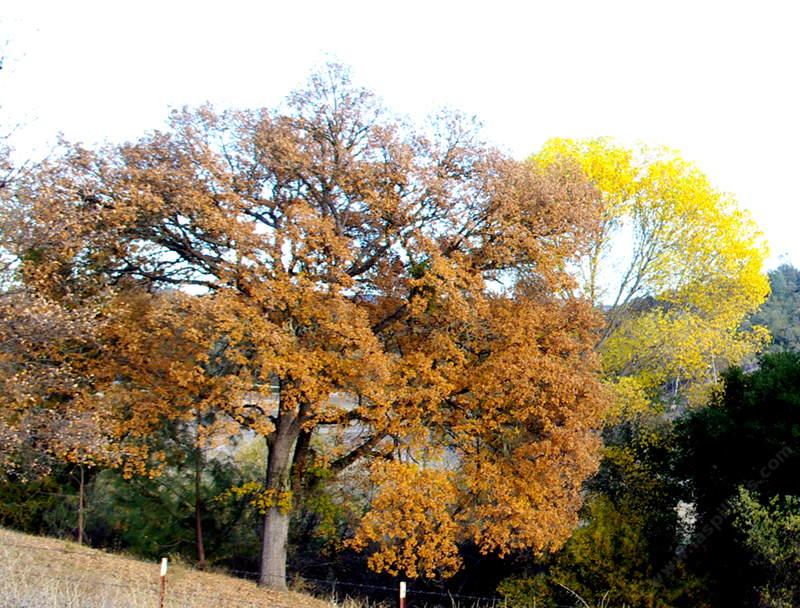
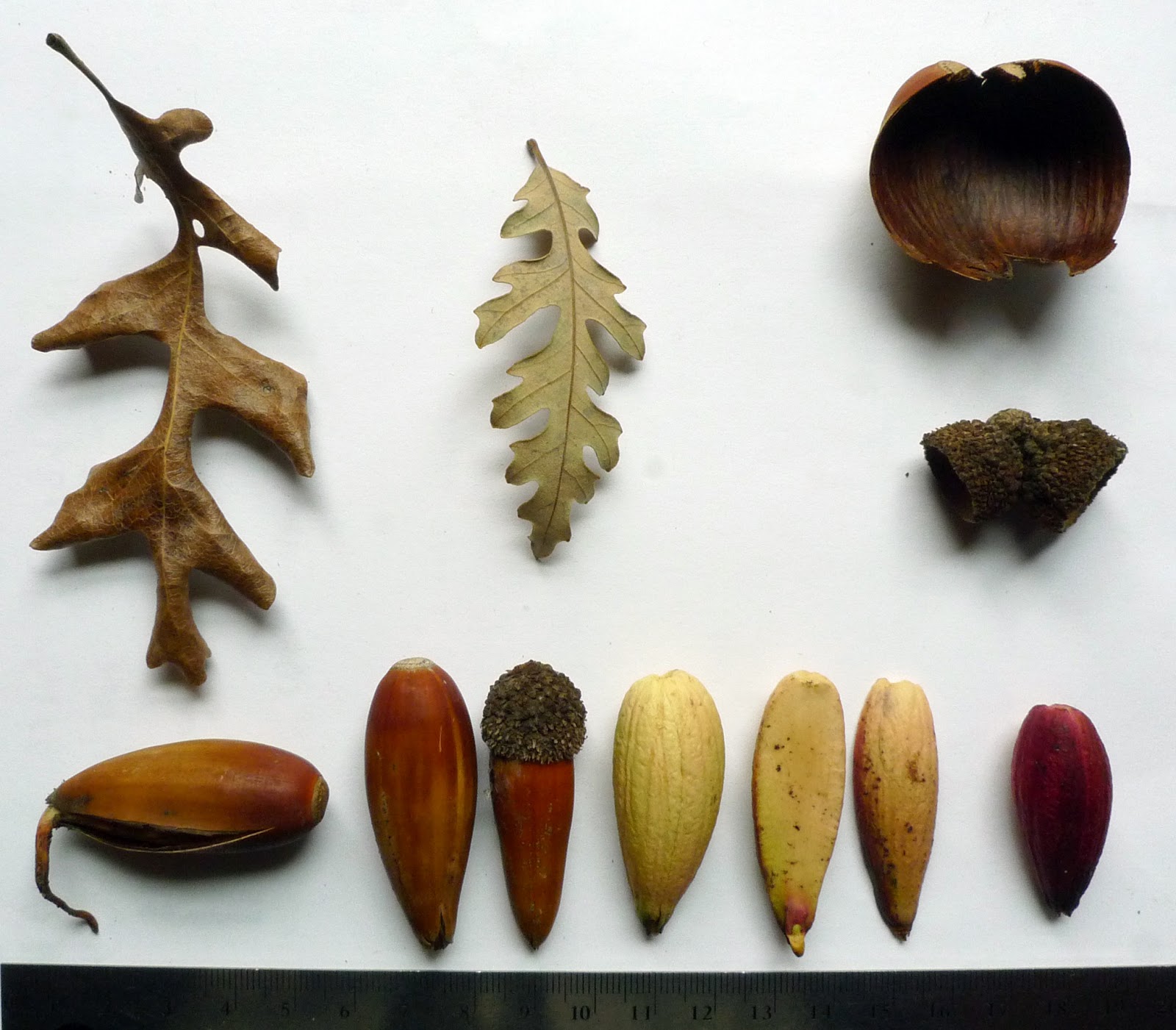
Acorn harvesting

Acorns were harvested in conical baskets, then stored in elevated silos that protected their contents from ground moisture and from rain with a bark covering. Rodents and insects were repelled by natural repellent such as aromatic cedar, mugwort, and sage. The interwoven branches kept birds out and placing the silos in open, windy areas reduced mold and mildew.
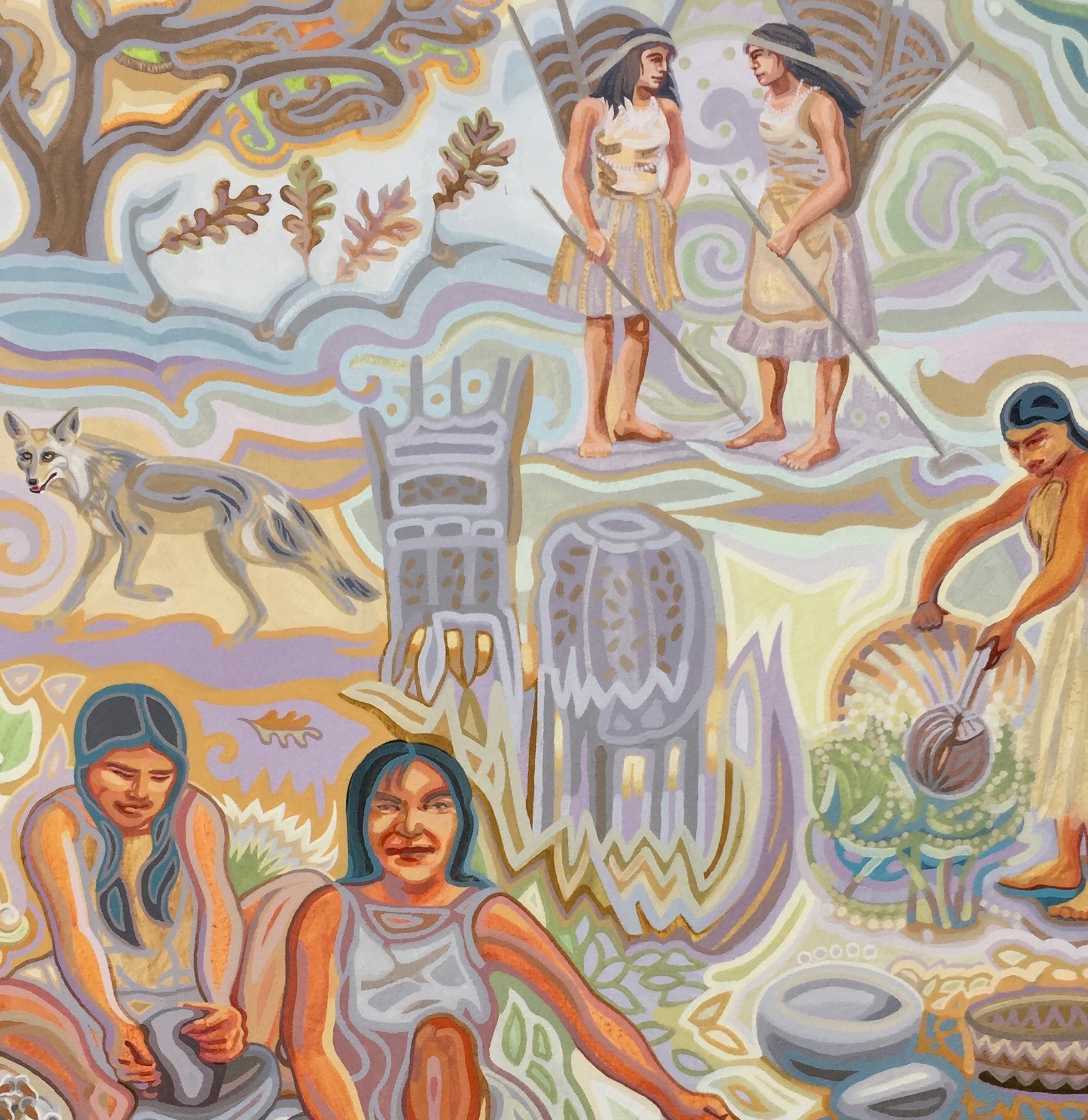
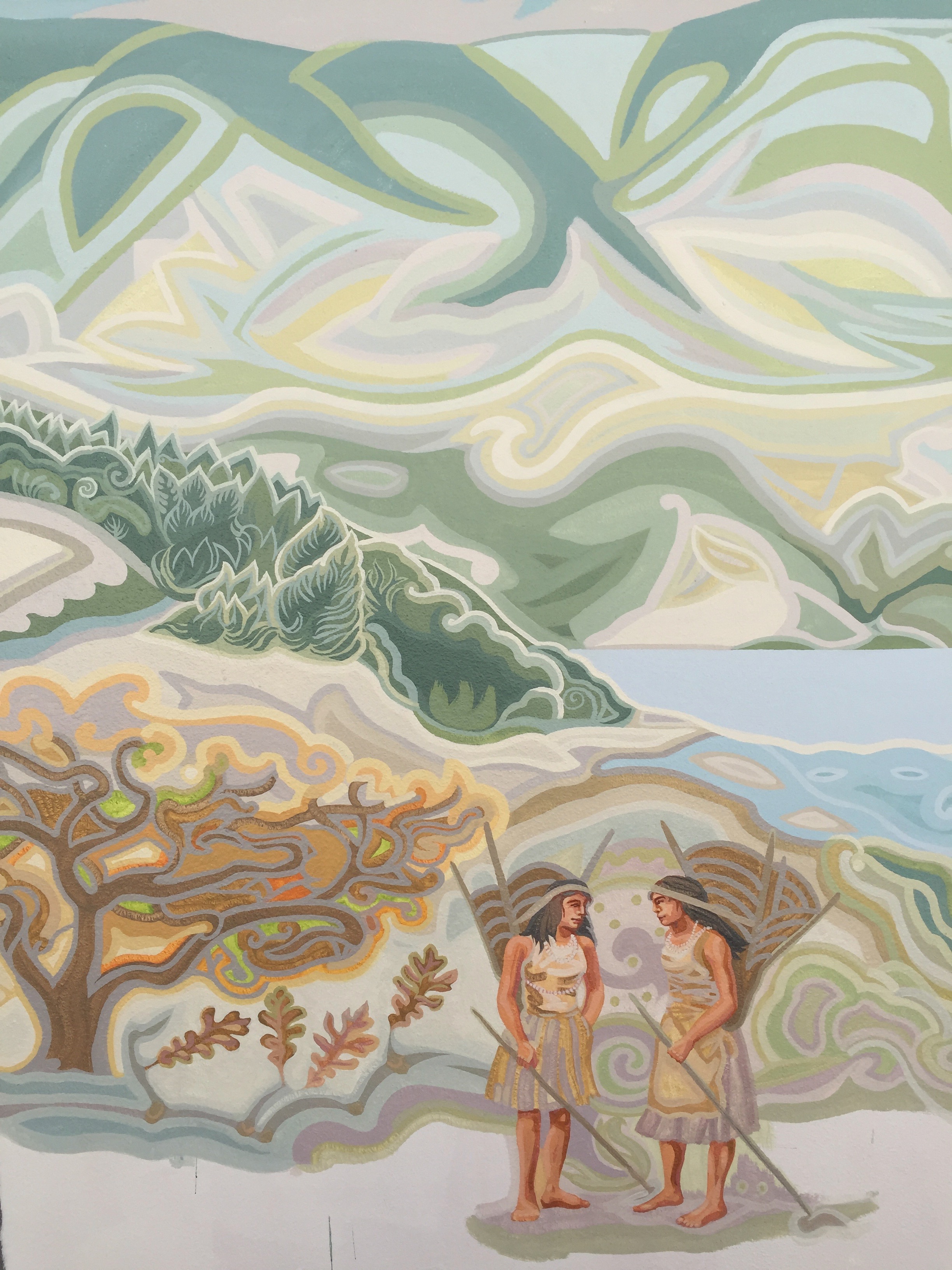
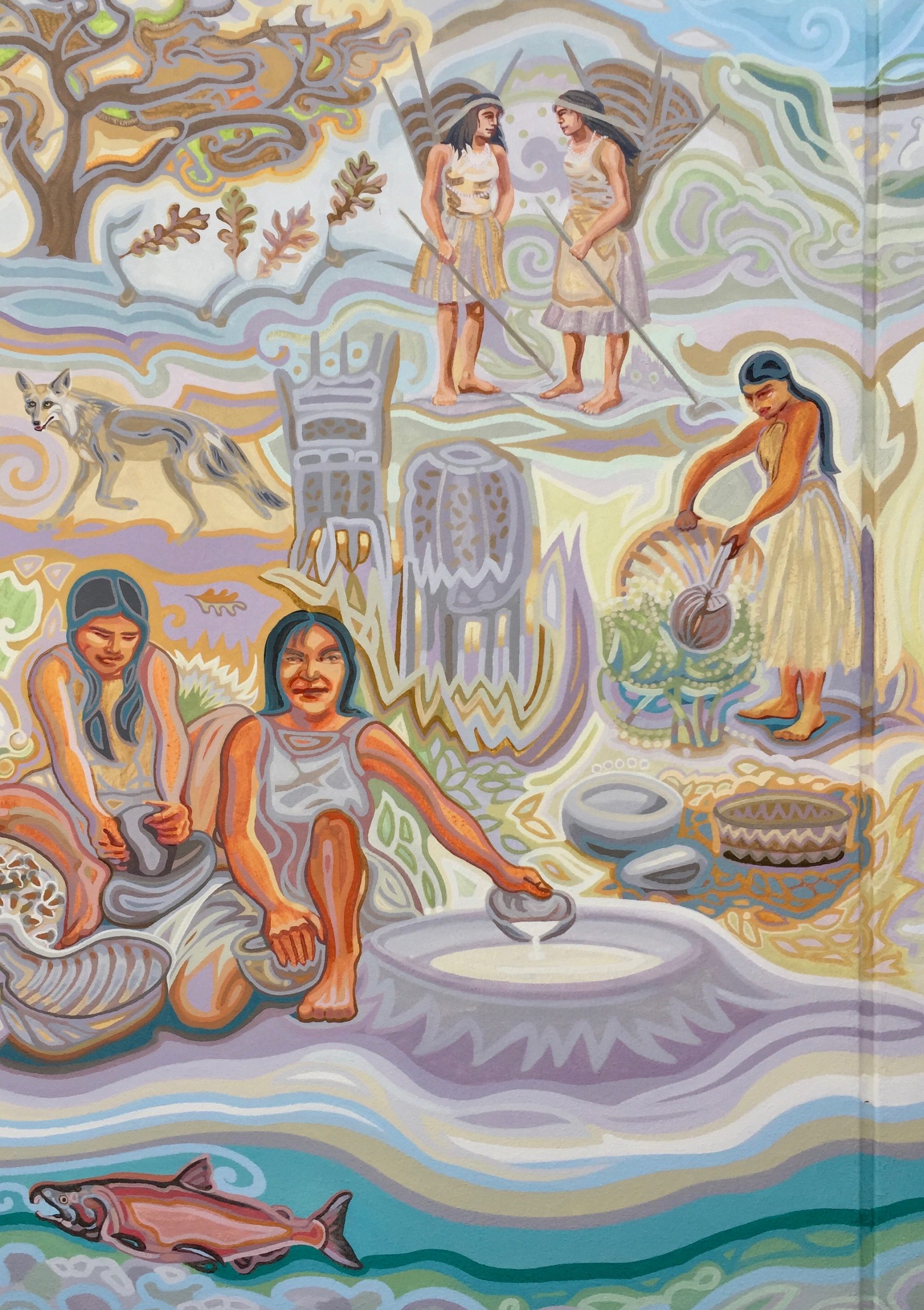
Women shelled the acorns, then ground them with a mortar and pestle. The acorn meal was leached of bitter tannins by pouring water through it in a sand basin.
Portraits
The woman in the upper right is gathering seeds by beating the bushes into a large basket. I used the photo below as my source, but reversed the figure to fit my composition.
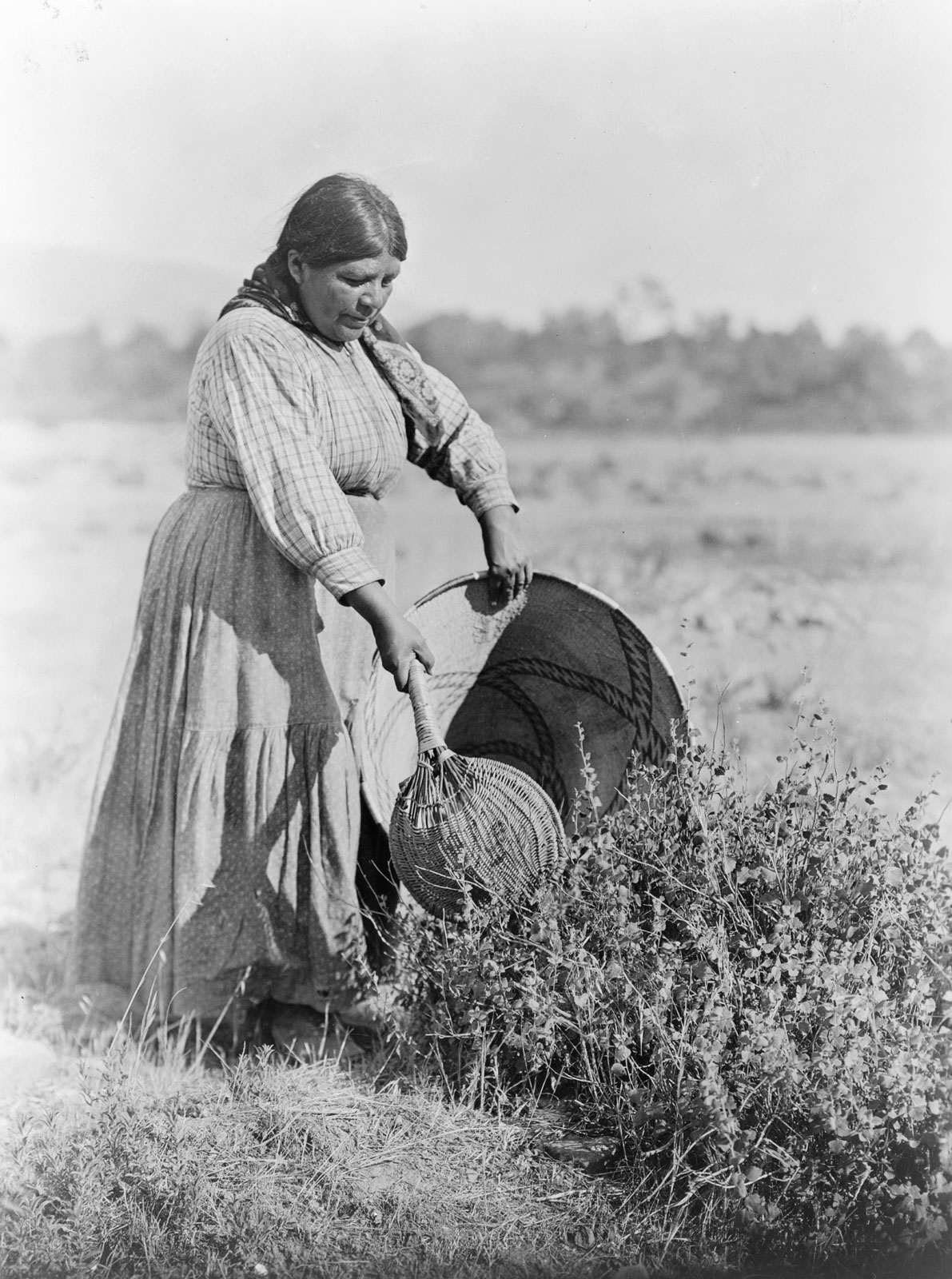
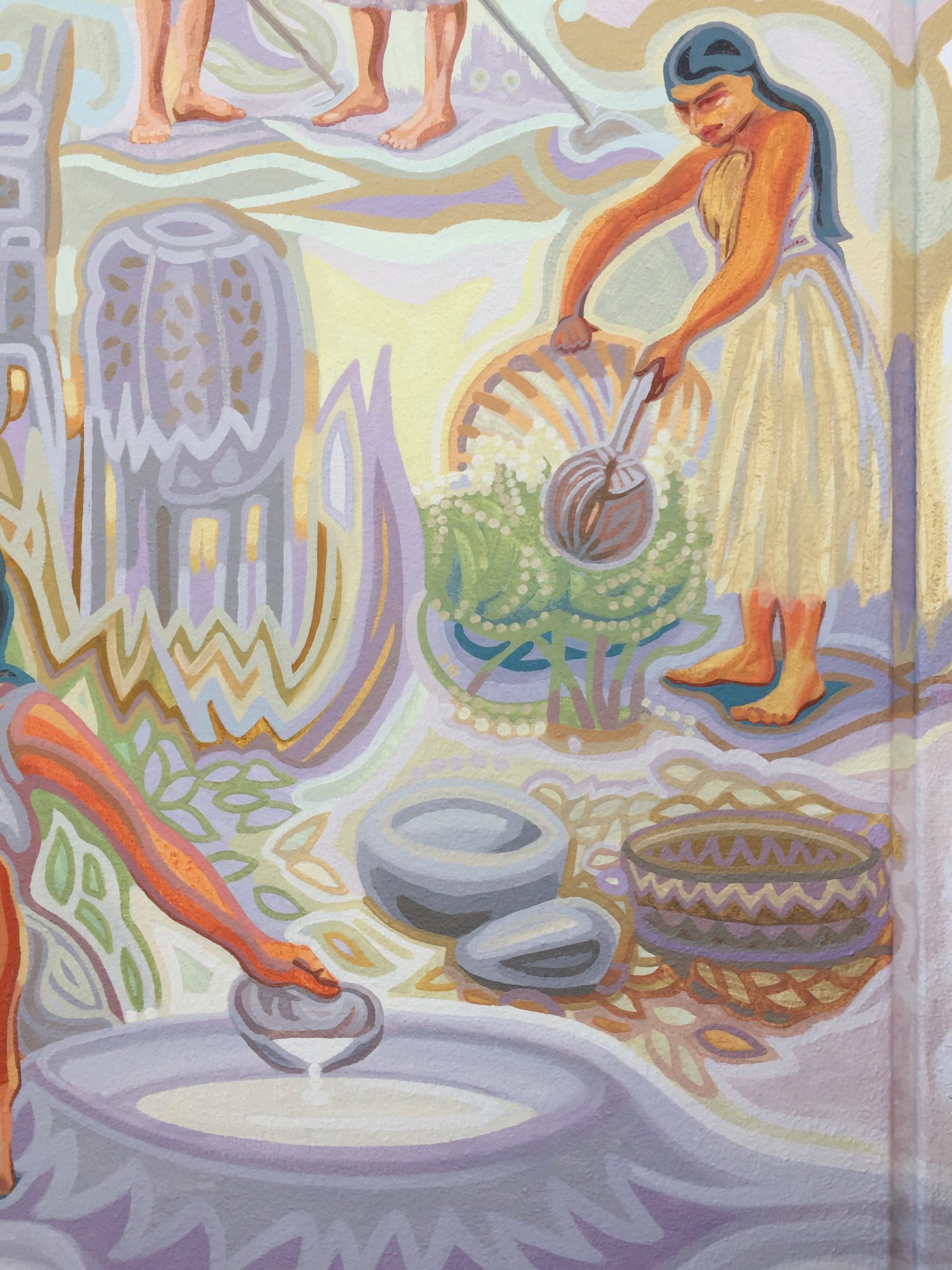
You can see I made her younger, desiring a range of ages in the panel, and also depicted her in Native clothing, much better suited to work in the hot sun.
The photo is from Tending the Wild: Native American Knowledge and the Management of California’s Natural Resources, by Kat Anderson, 2005.
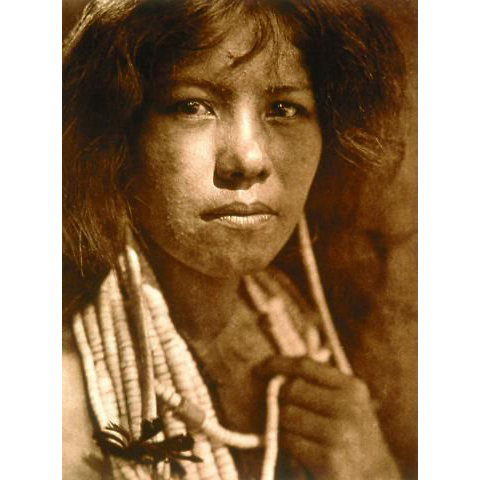
Later in the community panel, I would paint a portrait of 16-year-old Frances Jack, having no idea that the lady with the burden basket and seed beater was her mother!
This information was from White Wolf James, who knew Frances in later years.
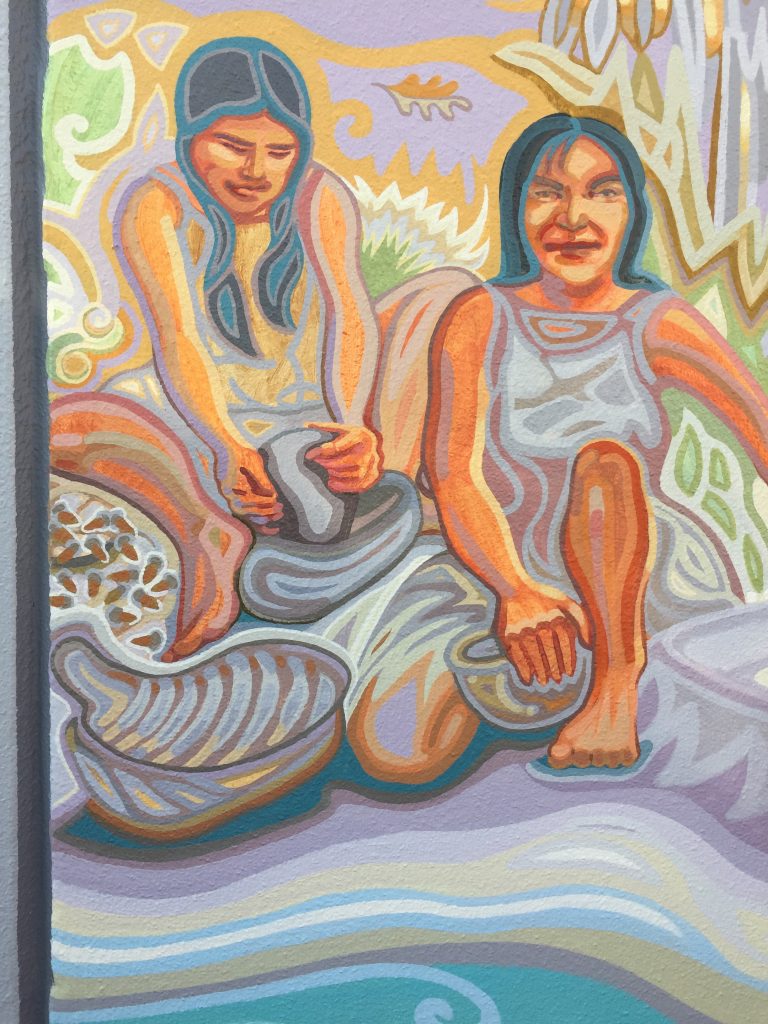
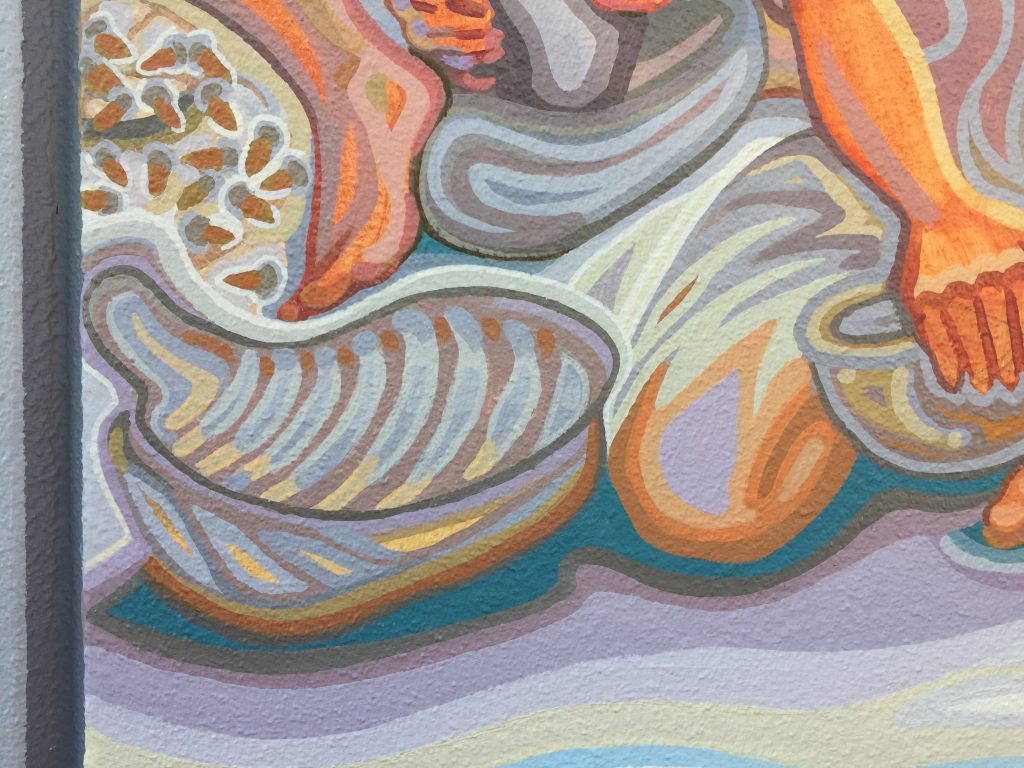
A woman grinds dried acorns with a mortar and pestle, while the other takes the ground flour into her leaching sand basin. Source photos below:
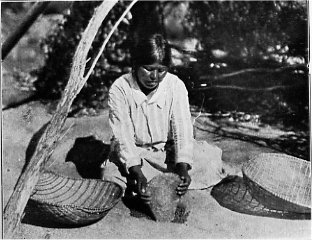
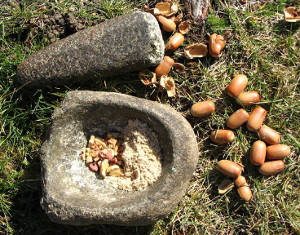
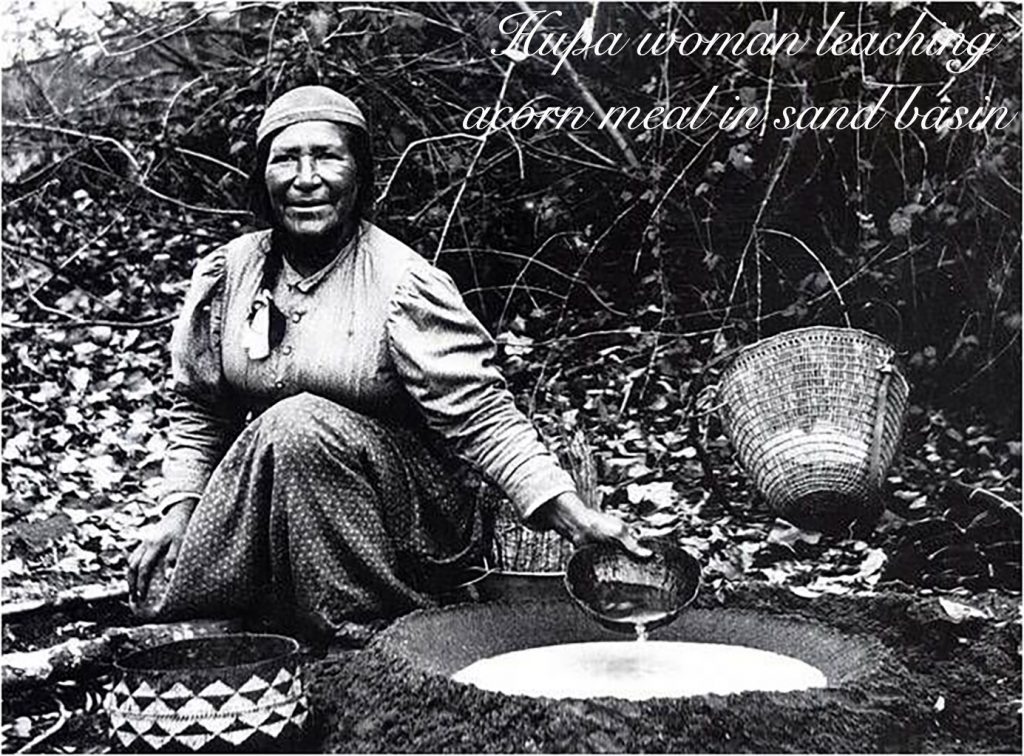
Animals interact with humans and nourish them, represented by a spawning salmon swimming up stream. In Pomo culture, Coyote is the trickster figure, both good and evil, crafty and foolish. Coyote stories have moral meaning and were told only in winter.*
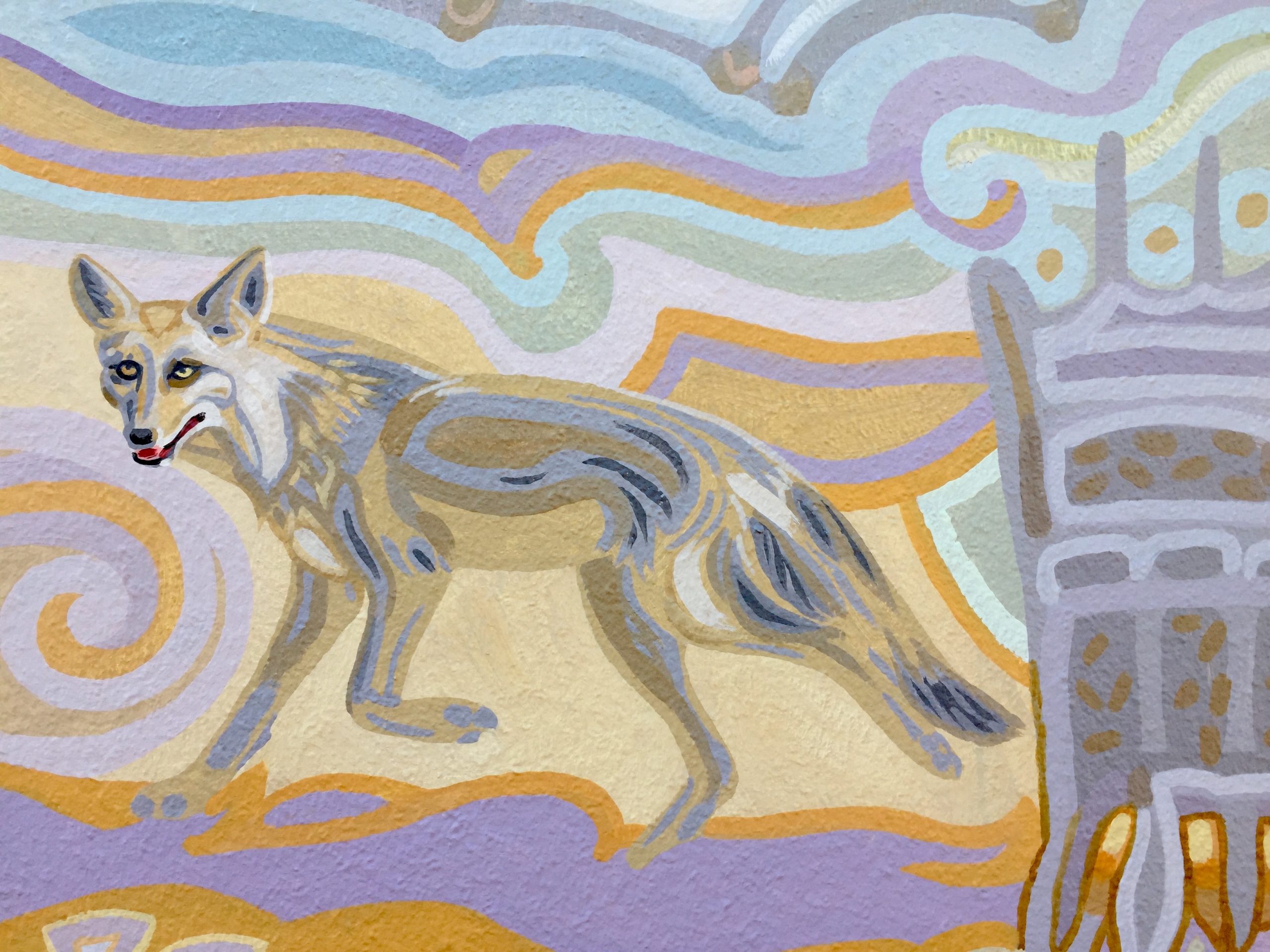
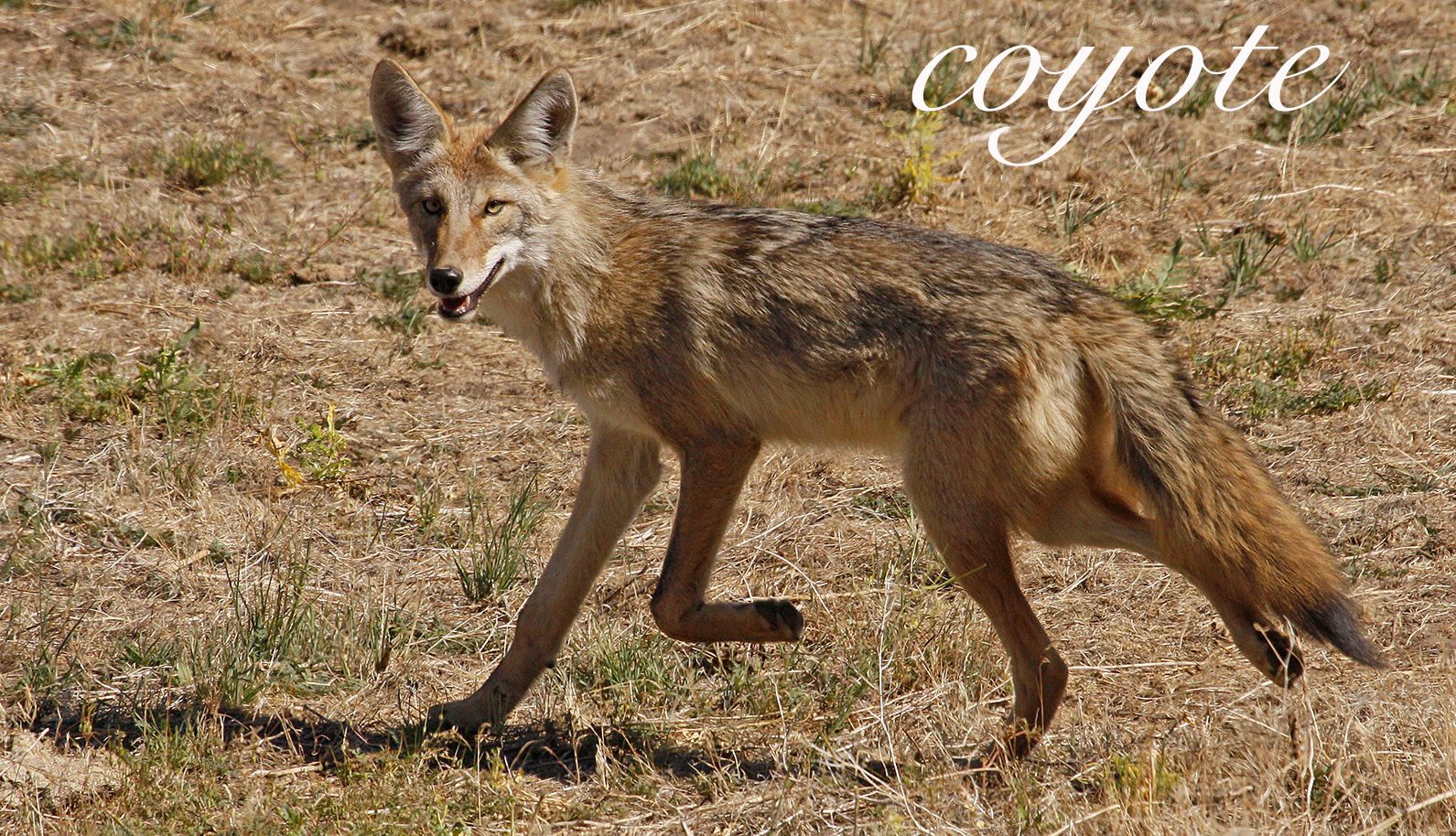
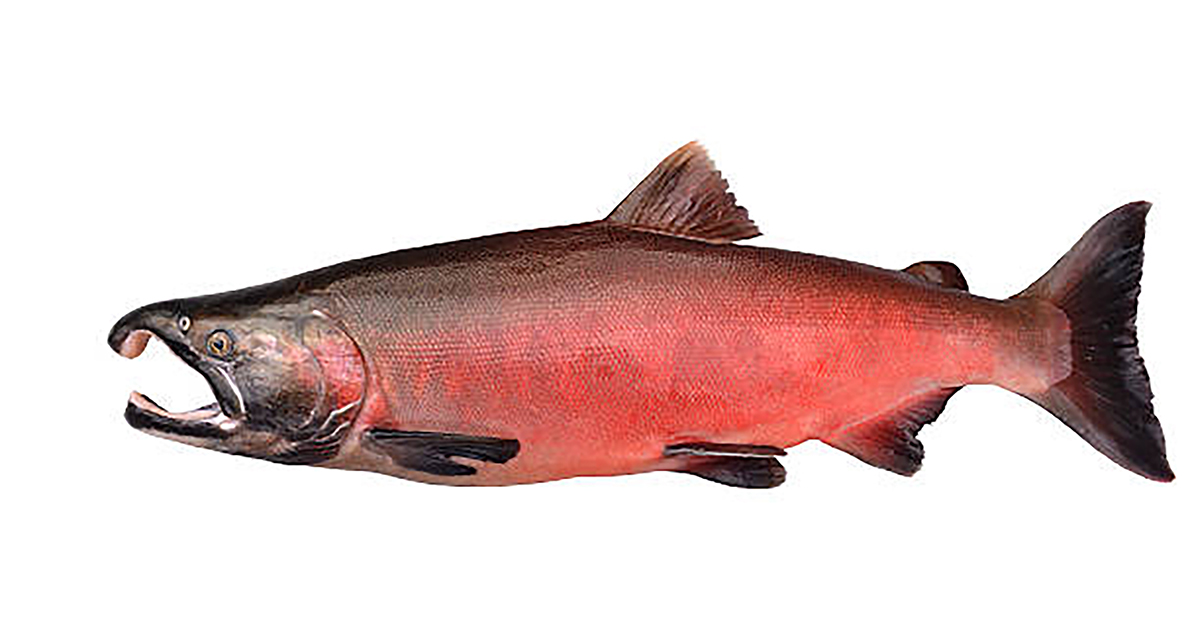
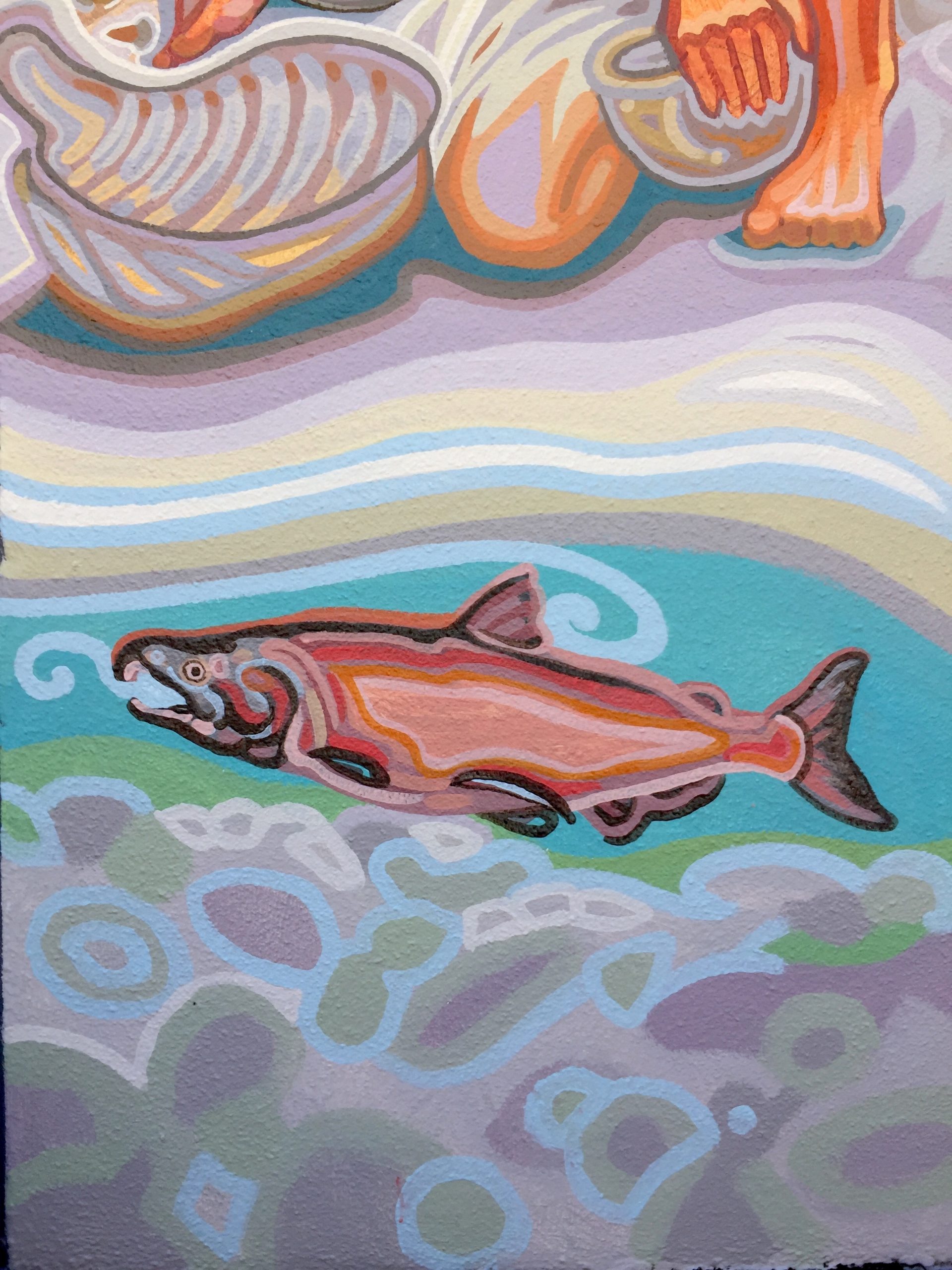
The crack in the wall between resourcefulness and bounty in this case does not divide subject matter at all.
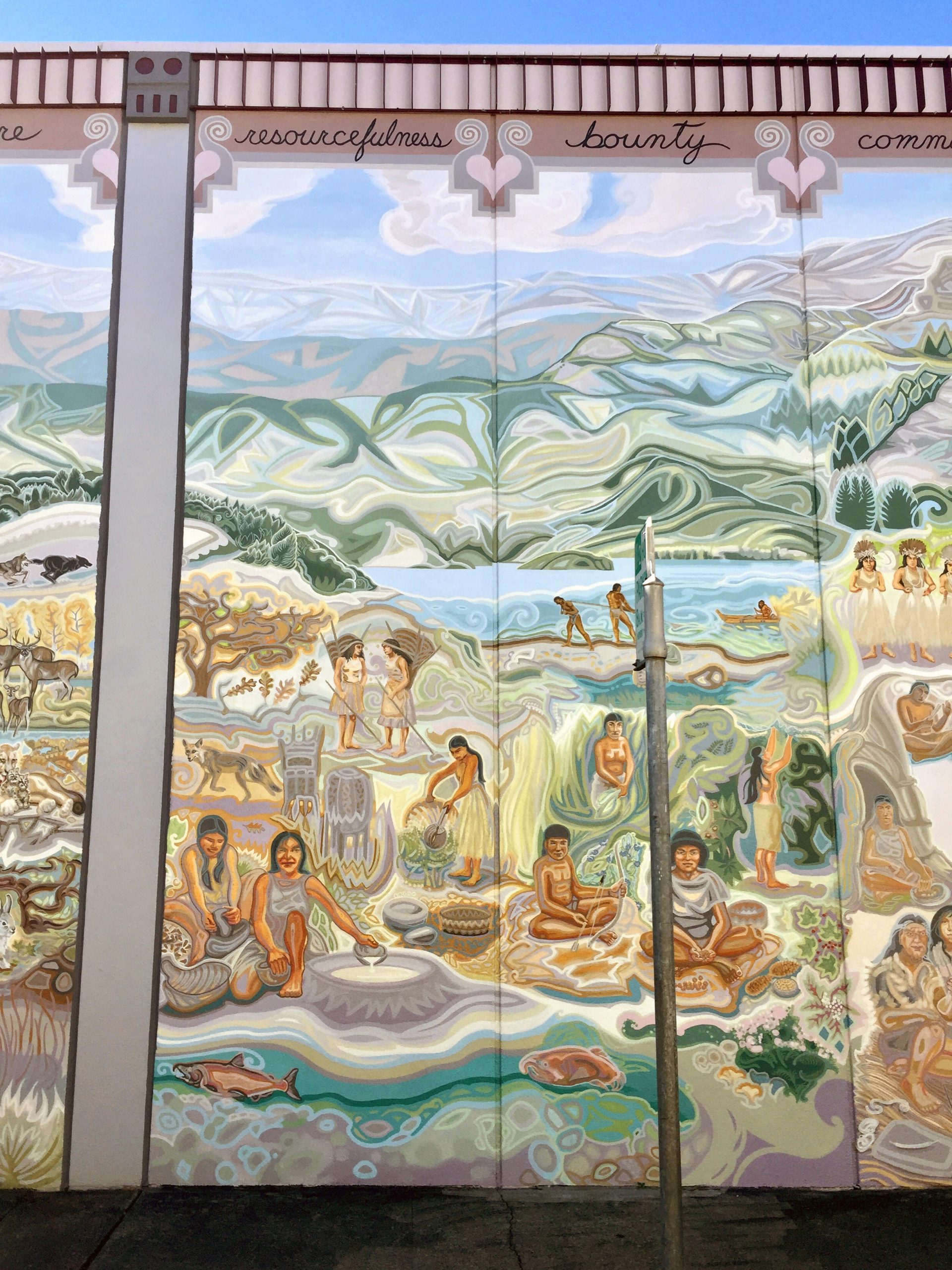
Next panel: